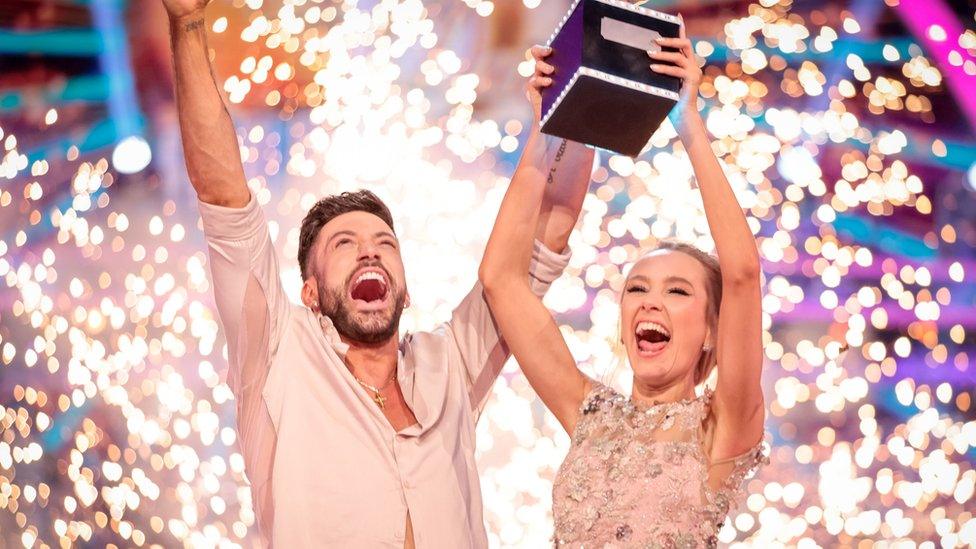BBC licence fee £15 increase too high, culture secretary says
- Published
- comments
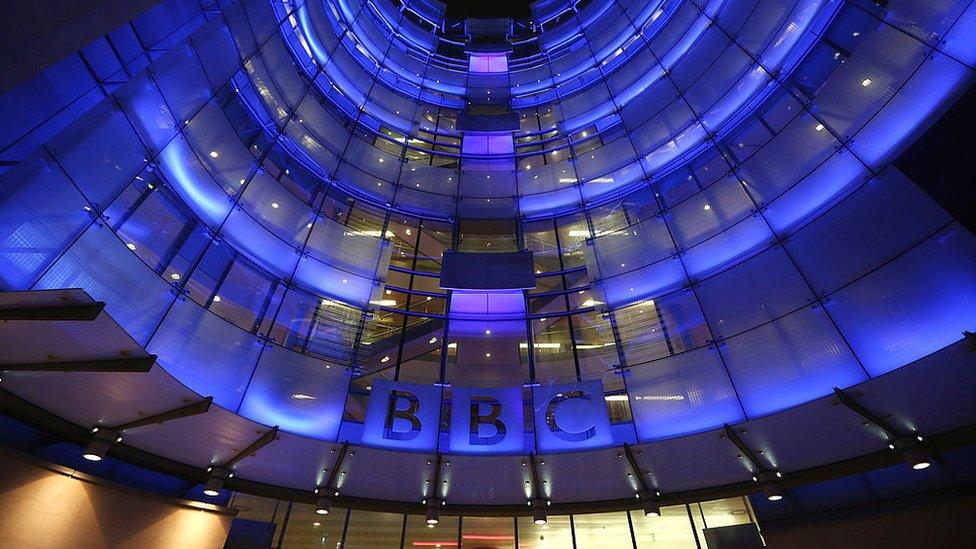
An increase to the BBC licence fee by almost £15 would "absolutely" be too much, the culture secretary has said.
Lucy Frazer said she was concerned a "significant rise" in the fee would add to cost of living pressures.
The licence fee has been frozen for the last two years at £159 but is due to rise in April in line with inflation.
It's currently expected to increase to £173.30 a year, but Ms Frazer said she was looking at which measure of inflation to use to calculate the rise.
Asked by BBC Breakfast whether the government was looking at whether £15 would be too much of an increase, Ms Frazer replied: "Absolutely. I think that is quite a significant rise, so that is exactly what we are looking at."
She added: "We froze the licence fee for two years to help households with their daily payments. That freeze has come to an end and the licence fee is due to rise with inflation but we're looking at ways to make sure that is sustainable for families across the country."
'Unsustainable'
The Sunday Times reported that Ms Frazer is considering using September's consumer price index (CPI) rate of inflation, rather than the higher 12-month average, to calculate how much the cost of the licence fee should rise by.
Using September's inflation rate of 6.7%, the licence fee would be expected to rise by £10.65 to £169.65 per year.
The culture secretary confirmed she would make the final decision on what the fee should be soon.
Ms Frazer also said she was also looking at how "we fund the BBC going forward".
"It's unsustainable because 400,000 people did not renew their licence fee over the last year. The media landscape is changing. We're not consuming the BBC like we used to consume it, so I'm also looking at a broader review," she said.
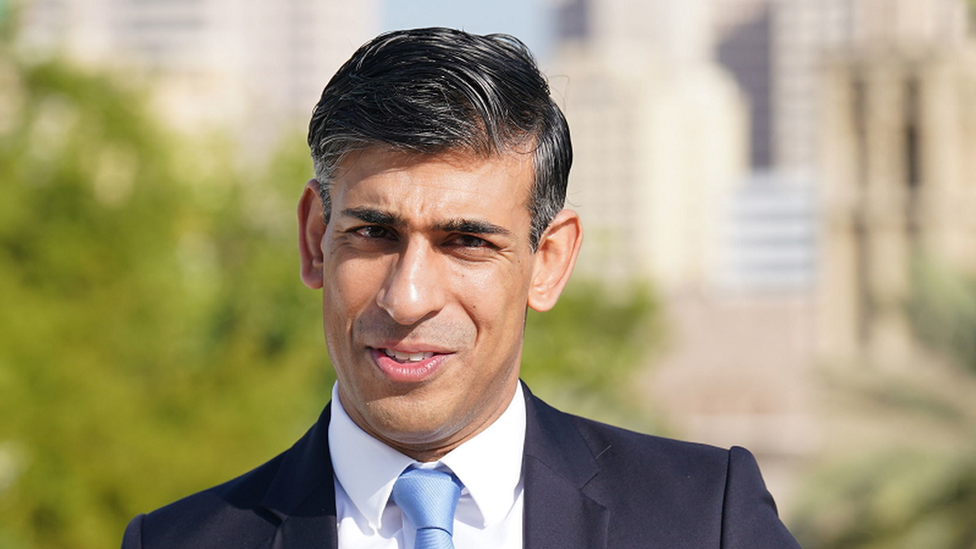
Rishi Sunak said the BBC should "cut its cloth appropriately"
The prime minister has also said the BBC should be "realistic about what it can expect people to pay" for the TV licence fee during times of high inflation, the prime minister has said.
Rishi Sunak said the BBC should "cut its cloth appropriately" and welcomed savings it was looking to make.
Former Head of BBC TV News, Roger Mosey, told BBC Radio 5 Live on Monday that the "government should stick with the deal it made" and increase the licence fee in line with inflation.
While he accepted the impact of the cost of living crisis, he said it was unfair for "the most important broadcaster in Britain to be punished".
Other streaming services such as Disney+ and Netflix have announced price increases of 38% and 14% respectively for the coming year.
'Give people a choice'
Members of the public have been sharing their opinions on the planned increase to the licence fee on BBC Radio 5 Live.
Craig from Oxford told broadcast Nicky Campbell he does not watch enough BBC content to justify the cost of the licence fee and would "much rather pay less to stream just what I want, it's about offering people choice".
Janey from Northampton agreed, and added "to take away people's choice is not how we should be running the law of the land", saying the licence fee is not value for money as she does not watch any BBC programmes on the TV.
However, other callers praised the BBC for providing unique content.
Stefan from Bristol said he was "pleading" for the World Service not to be axed, explaining his cousin was brought up in a war zone where education was prohibited, but was able to learn English from the World Service and that it changed his life.
'Very welcome'
The corporation said next year's cost was "unconfirmed" but that it had previously agreed increases in line with inflation to start from 2024.
Asked whether he thought the licence fee was sustainable, Mr Sunak said: "It's really important that when things are difficult, everyone is doing what they can to ease the cost of living on families".
The BBC is already looking to make £500m of savings in the face of high inflation and a two-year freeze to the cost of a TV licence, which provides most of its funding.
Speaking to reporters travelling with him to the COP28 summit in Dubai, Mr Sunak added: "The BBC like any other organisation that serves the public should be looking to do that and cut its cloth appropriately so I think that is very welcome."
The prime minister did not directly say whether he would be limiting the planned increase to the fee.
The BBC announced last week it was cutting back BBC Two's Newsnight programme, in what the National Union of Journalists (NUJ) described as a "major blow to investigative news".
The long-running show will lose its dedicated reporters, be shortened by 10 minutes and drop its investigative films to focus on studio-based debates.
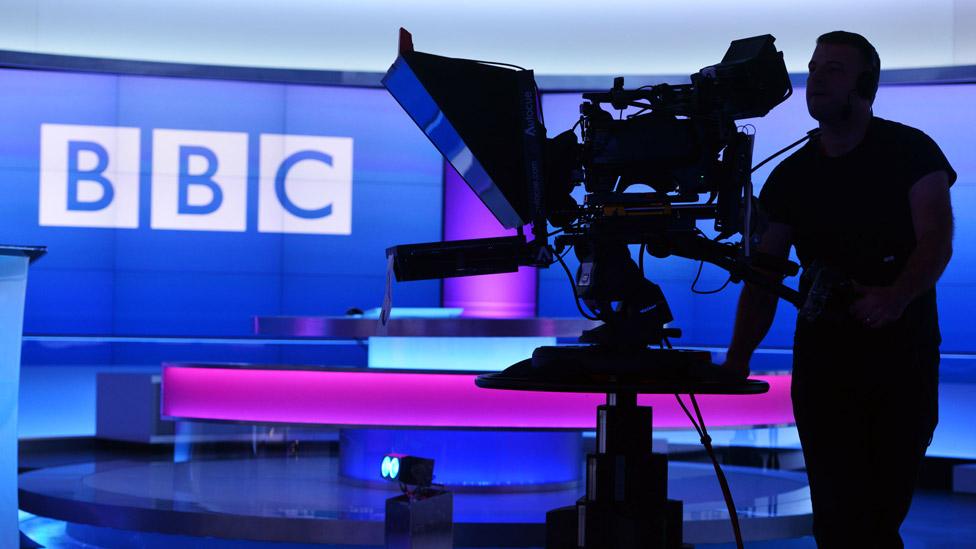
More than 30 jobs will close at Newsnight
As part of further changes, an extended hour-long edition of BBC News At One TV bulletin will relocate to Salford while BBC Breakfast, also broadcast from Salford, will be extended by an extra 15 minutes a day, the corporation said.
More focus will be put on digital journalism and live coverage across the BBC News division, with a "reduction in the amount of television packaging".
The corporation expects the changes to save £7.5m.
A BBC spokesperson said: "The government and BBC agreed a six-year licence fee settlement in January 2022, which froze the licence fee for two years with increases in line with inflation from 2024.
"As is usual practice the government sets and confirms the cost of a licence each year and this remains unconfirmed for 2024/25.
"The BBC will continue to focus on what it does best: working to deliver world-class content and providing great value for all audiences."
Related topics
- Published29 November 2023
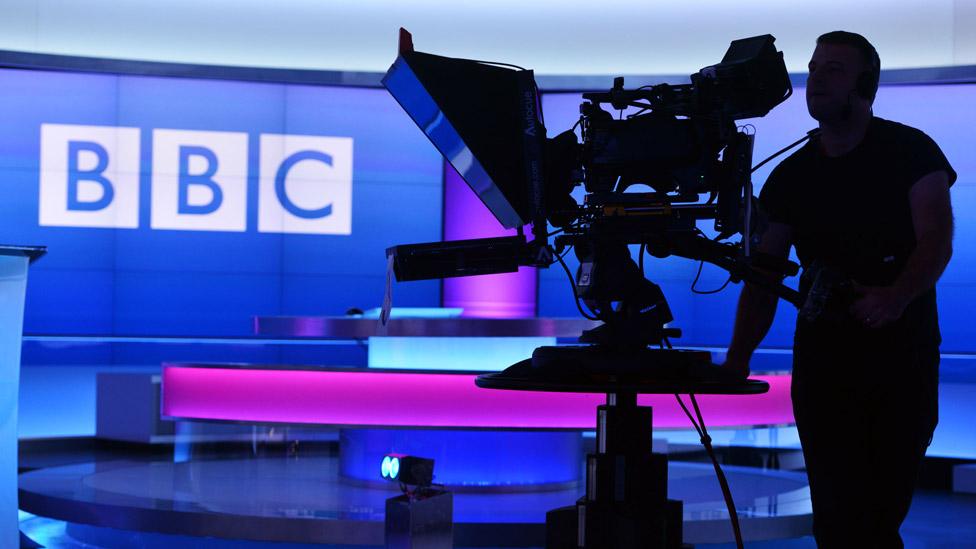
- Published8 July 2023
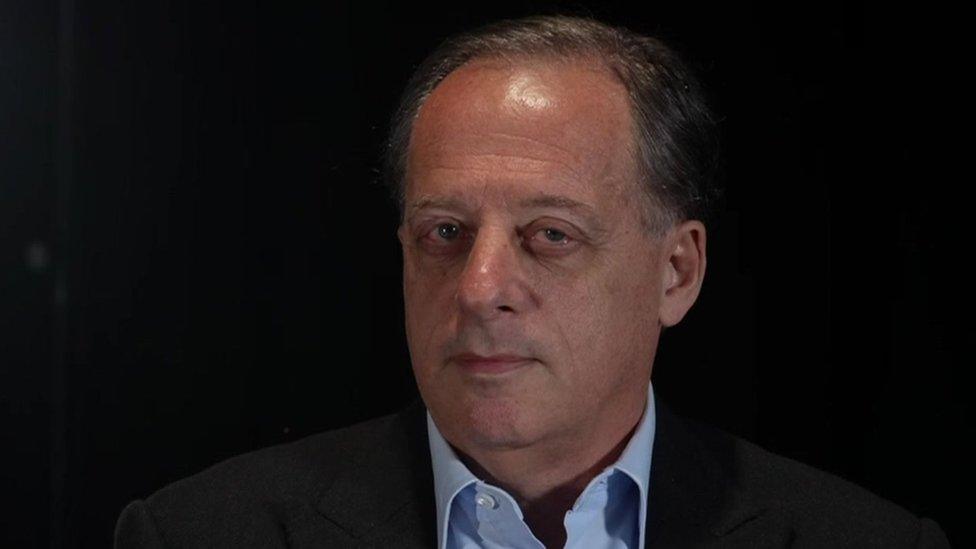
- Published18 January 2022
